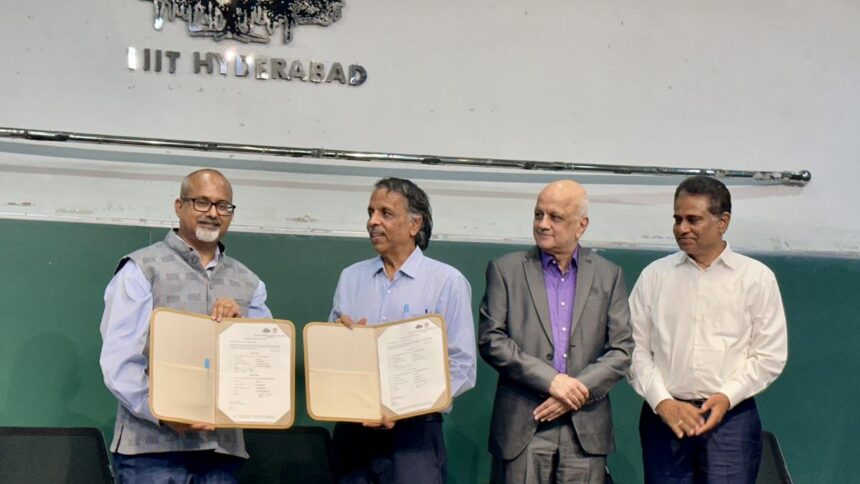
Justice Jayasankaran Nambiar speaking at the Nilgiriscapes conference in Udhagamandalam on Thursday.
| Photo Credit: M. SATHYAMOORTHY
Kerala High Court judge Justice Jayasankaran Nambiar said on Saturday that existing laws to protect animals and wildlife were anthropocentric in nature and should be reimagined into becoming eco-centric, so all judges could interpret these laws more uniformly. He was participating in a panel discussion, ‘Environmental Policy and Law in the Nilgiri Biosphere Reserve’, on the third day of the NilgiriScapes Conference at Udhagamandalam in the Nilgiris.
At the panel, which also had senior lawyers B.J. Krishnan and Sanjay Upadhyay, Justice Nambiar said: “There is no absolute truth in this world. Everything that you hear is an opinion and everything you see is perspective. Therefore, when you are called upon to interpret law, you bring your life experiences into the equation, and you need to interpret law in a manner that appeals to you. This is where the problem begins when it comes to environmental legislation and interpretation of environmental legislation.”
Justice Nambiar said both the Prevention of Cruelty to Animals Act, 1960, and the Wildlife Protection Act, 1972, were both anthropocentric as they “prioritise human beings” over other species. “There is a sense of domination of the humans over all other species,” he said.
The judge remarked that the first truly eco-centric legislation that was passed in the country was The Biodiversity Act, 2002. He pointed out that while the Wildlife Protection Act was amended recently to include more species in the Scheduled Lists of Species, protected under the law, the Prevention of Cruelty to Animals Act had remained unamended since 1960.
‘Conflicting concepts’
“So, we have a mixed bag of legislations that we are called upon to interpret. We have an anthropocentric legislation, side-by-side with an eco-centric one. What is the philosophy that is supposed to guide the interpretation in law? We can all agree that eco-centrism does not gel with anthropocentrism as a philosophy. They are mutually contradictory,” he said.
Justice Nambiar added that it was of little surprise that when judges were called on to interpret these laws, their view points differed depending on their lived experiences. “So, if you really want to have a uniform application and philosophy of the laws, what you need is a re-imagination or an amendment of our legislation, covering all these areas and let them be eco-centric all through,” he said.
Understanding wildlife
Referencing Argentinian feminist philosopher, Maria Cristina Lugones’ method of ‘world travelling’, Justice Nambiar said understanding ‘the other’, which in the context of his speech would be wildlife, was an important aspect in the application of laws as well.
“She (Lugones) said it would be encouraging if everybody adopted a world-traveller approach. Now, when you actually travel the world and if you’re really interested in another country and another culture, you would try to mingle with the people and understand the peculiar aspects of their culture and traditions. Most importantly, you would respect them. If we had a similar approach towards understanding ‘the other’ in our society, and in the context in which I’m speaking, if we understand other species, that attitude would go a long way in solving the problems, especially with regards to solving human-animal conflict,” Justice Nambiar added.
Published – August 24, 2025 01:24 am IST




















